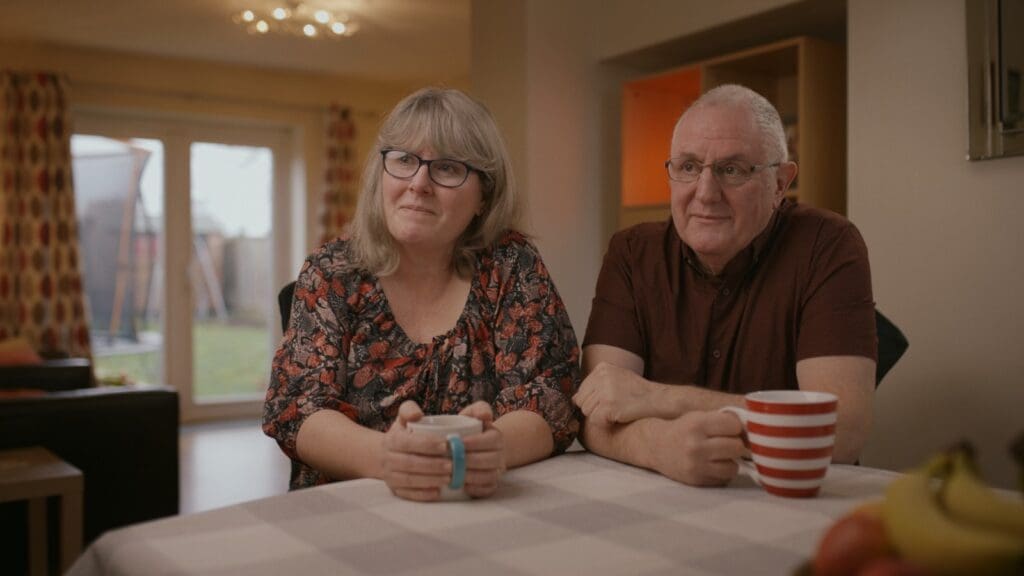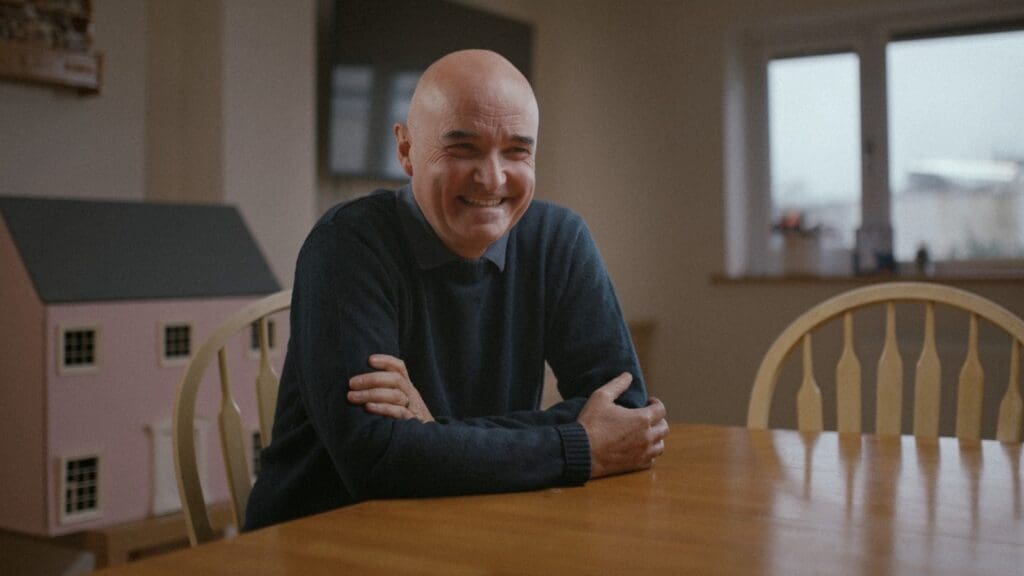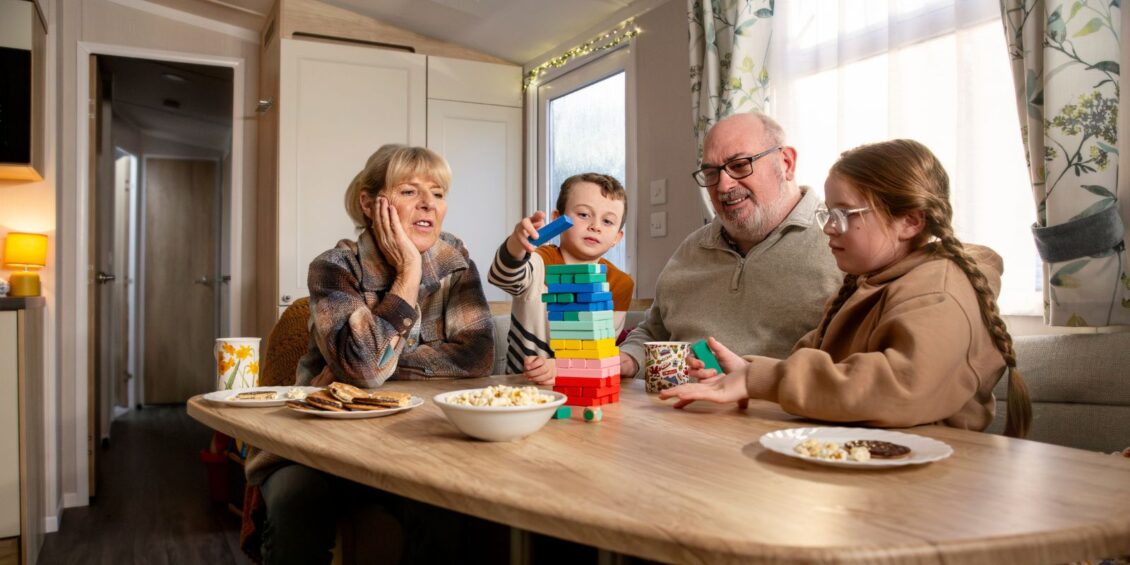Foster Wales, the national network of 22 Welsh local authority fostering teams, set out with the bold aim of recruiting over 800 foster families by 2026, to provide safe homes for local young people.
In their new campaign, ‘bring something to the table,’ the organisation will utilise their greatest asset – current foster carers – to share realistic experiences of foster care and explore the small but significant human attributes people possess that can make the world of difference to a young person in care.
Foster Wales has spoken to over 100 people to develop the campaign– including foster carers, social workers, teachers, members of the public, and care leavers.
The responses from these groups highlighted three key things stopping potential carers from enquiring:
- A lack of confidence in their skills and ability to support a child in care.
- The belief that fostering doesn’t fit with certain lifestyles.
- Misconceptions around the criteria to become a carer.
Armed with this knowledge, Foster Wales has drawn on real stories of carers in Wales to show that local authority fostering is flexible, inclusive, and comes with extensive training and professional development opportunities.


“We already had all the skills we needed to become foster carers – and more people need to know they have the skills too”
Cath and Neil are long-term foster carers in Wrexham. Their patience and perseverance in overcoming food insecurity felt by their foster children has directly inspired one of the campaign adverts. Their story aims to show that thoughtfulness, compassion, and a child centred approach is the most important ‘skill’ you require as a carer.
“Quite a few children who come into our care have worries over where their next meal is coming from. So, we set the dining table in the morning. Then that child knows when they come home, there will be dinner waiting for them.”


“I’ve opened my home to children with only hours’ notice – all while working full-time”
Where lifestyle is concerned, there is a pervasive misconception around full-time work and fostering not being possible. However, nearly 40 per cent of foster carers combine fostering with other work, and a record number of employers – including the Welsh Government, Admiral, and John Lewis Partnership – have fostering friendly policies in place to support employees.
Anglesey foster carer, Gwynfor, has been fostering with his wife Barbara since 2016. Until recently, he balanced full time work with emergency foster care.
“I worked for Royal Mail. I’d start at 6am, jump off for the school run, go back to work and finish by the afternoon school run. It was just a case of balancing things, and it was very helpful to have an understanding employer.”
Gwynfor’s experience in emergency care inspired the campaign’s advert highlighting that small gestures can make a big difference, even at short notice.
“We’ve had a few emergency calls. One time I had to dash to the shops after work to buy clothes as the child was arriving at 10 o’clock that night. We’ve also had children arrive days before their birthday, so we’ve had to quickly figure out how they want to celebrate, and what flavour of cake they like, of course!”
“To you, it might just be a caravan. But your first holiday is an experience no one forgets”
53 percent of young people in care are aged 11+. Foster Wales are keen for people to consider the benefits of fostering a teenager, and the difference it can make to their prospects.
Sharon and Theo from Swansea have been fostering teenagers for over a decade.
“Teenagers are more independent; with younger children they are more physically demanding. We recently fostered siblings, one is 11, the other 18. The older sibling recently moved on, and we helped them get a flat just down the road. Of course, we’re still on hand to help. They’ve just started university, which is brilliant, and we do keep in touch which is nice.”
The couple, who own a caravan, are strong advocates for short UK based breaks with foster children, helping young people experience new things and cultivate memories in a ‘home-away-from-home.’
“We bought our first caravan when we fostered our first teenager. We used to go down there all the time – they absolutely loved it. The younger children we’ve fostered really like the freedom they get at the caravan park.
“Because they’re static caravans, families, like us, use them all the time, so the children can make friends that they see every time they go down there. It’s like a little community really.”
Wales is leading the way in children’s services
Currently, Wales is in the process of a whole system change for children’s services.
The changes proposed in the 2021 co-operation agreement between Welsh Government and Plaid Cymru made a clear commitment to ‘eliminate private profit from the care of looked after children.’
This means, by 2027, care of children that are looked after in Wales will be provided by public sector, charitable or not-for-profit organisations, and the need for local authority foster carers is greater than ever.
Alastair Cope, Head of Foster Wales, said:
“We have some amazing foster carers across Wales, who do a phenomenal job in offering life-changing opportunities, security and stability and stepping up when our children need it most. However, there is a need to recruit more people to foster for their local authority.
“Fostering with your local Foster Wales team means that you have access to dedicated local knowledge and support, a brilliant learning and development package and more importantly, you can help children stay in their own local community, close to friends, their school and everything they hold close.
“Foster Wales has an ambitious plan to recruit 800 new foster carers and that’s because we want all of our children who need it, to be able to have a suitable home, the right foster carer for them. Someone to support them, to stand by them and to set the table for them each morning.
“I’m proud of our foster carers and all they do for our children, and I want to encourage anyone who wants to make a difference to a child’s life, that you can bring something to the table too and to encourage you to get in contact with your local Foster Wales team.”
Deputy Minister for Social Services, Julie Morgan, said:
“Every child deserves to grow up in a safe and supportive home. There are many children in Wales with different needs and talents, who are unable to live with their birth parents, and need care.
“I know the decision to become a foster carer may not always be an easy one, but it is one which will make a real difference to the lives of many children. By fostering through Foster Wales, you can provide a local home to local children giving them stability, familiarity and belonging.
“Through the continued commitment of our foster families across Wales, children and young people are receiving the support they need, to develop and flourish. We want to make the pool of available foster parents in Wales as diverse as possible, to support the various needs of children in our care.
“If anyone has ever thought about being a foster carer – whatever your gender, race, sexuality, living arrangements, age, and employment status – I would encourage you to contact Foster Wales for more information.”









Leave a Reply
View Comments